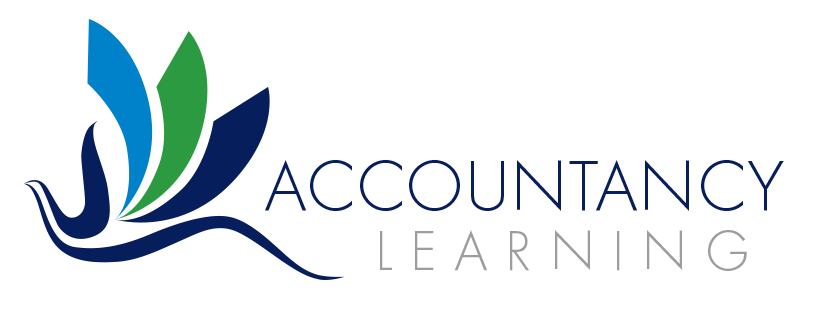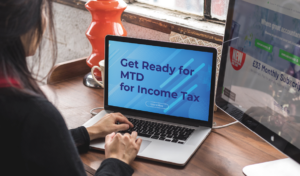It’s obviously hugely important that you start your AAT journey enrolled on a AAT course that’s right for you…
Identifying the appropriate AAT course will to a certain extent, depend on what you think your end point will be e.g. you might want to become a freelance bookkeeper; maybe you want a career change and need an AAT qualification on your CV to help you get a job in finance; or it could be that you want recognition for what you already do or perhaps you want to go ‘the whole way’ and become a Chartered Accountant!
Whatever your long terms goals, if you’re new to accounting, the AAT Level 2 (equivalent of Level 2/GCSE) is generally where you need to start*.
At level 2, you will have the choice of following the Bookkeeping route or the Accounting route.
Regardless of which qualification you decide to undertake, the two Bookkeeping units are identical in terms of AAT course content (the exams are the same too).
Bookkeeping Route:
The AAT Level 2 Certificate in Bookkeeping consists of two units (or modules):
- Introduction to Bookkeeping (ITBK) – 1 invigilated online exam
- Principles of Bookkeeping Controls (POBC) – 1 invigilated online exam
Upon successful completion, you will receive a certificate directly from the AAT.
You might want to choose this route:
- If you want to become a bookkeeper who prepares full sets of accounts for people (on a self employed basis). You would need to complete both the Level 2 Bookkeeping and Level 3 Bookkeeping qualifications; after which you would be able to apply for Qualified Bookkeeper and Licensed Bookkeeper status – this will enable you to put AATQB after your name and be part of the AATs Bookkeeping membership body.
- If you want to acquire a qualification quickly, in order to have something to put on your CV when applying for finance jobs – out of all the Level 2 units, the Bookkeeping subjects are the ones most sought after by employers. You can always ‘top up’ to the full accounting qualification afterwards if you want to. A downside is that you can achieve grades of ‘Pass’, ‘Merit’ or ‘Distinction with the Accounting qualifications but currently you can only achieve a ‘Pass’ for the Bookkeeping qualifications.
- If you want to spread your costs or complete your qualifications at a slower pace e.g. the Bookkeeping qualification is a ‘short AAT course’, therefore it is cheaper to purchase as there are fewer subjects to study; the AAT registration fee is lower and there are fewer exams to sit (along with their associated costs).
- If you simply want to try a short qualification to start with to be sure in your own mind that ‘accounting is definitely for you’! As previously mentioned, you can top up to the full qualification later on if you want to.
- If you are already working in a finance role but there are a few gaps in your knowledge meaning it would be difficult to enrol directly onto the AAT Level 3 (where it is assumed you already have a good grounding in double entry bookkeeping).
Upon successful completion, you will receive a certificate directly from the AAT.
The AAT Level 2 Certificate in Accounting consists of 5 units (or modules):
- Introduction to Bookkeeping (ITBK) – 1 invigilated online exam
- Principles of Bookkeeping Controls (POBC) – 1 invigilated online exam
- Principles of Costing (PCTN) – 1 invigilated online exam
- The Business Environment (BESY) – 1 invigilated online exam
You might want to choose this route:
- If you intend to complete all AAT course qualification levels, finishing off with the AAT Level 4. After you have achieved this, you can apply to become a full member of the AAT so that you can put MAAT after your name. At this point, you can call yourself a ‘qualified accounting technician’.
- If you want to progress beyond AAT, achieving all three AAT levels will provide you with a direct stepping stone to further qualifications such as ACA, ACCA, CIMA (to name but a few), in other words, you can start studying towards becoming a Chartered Accountant if this is your desired endpoint.
- If you want a bit more flexibility regarding your career prospects and earning capability – the higher you go, the more you are likely to earn!
In our view, the Level 2 AAT course is generally the most appropriate starting point and typically has been the case for many years. This is the perfect starting point for those with no prior knowledge or experience.
If you are in any doubt about what level to start with, then do work through the AAT online skillcheck here. This will be really helpful in identifying the best starting point for you.






